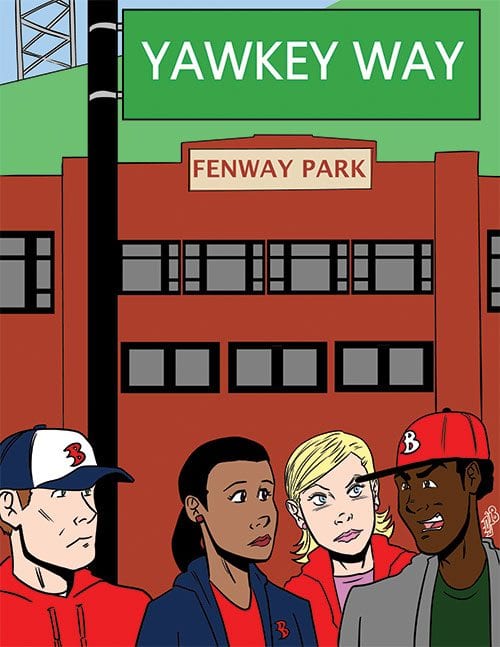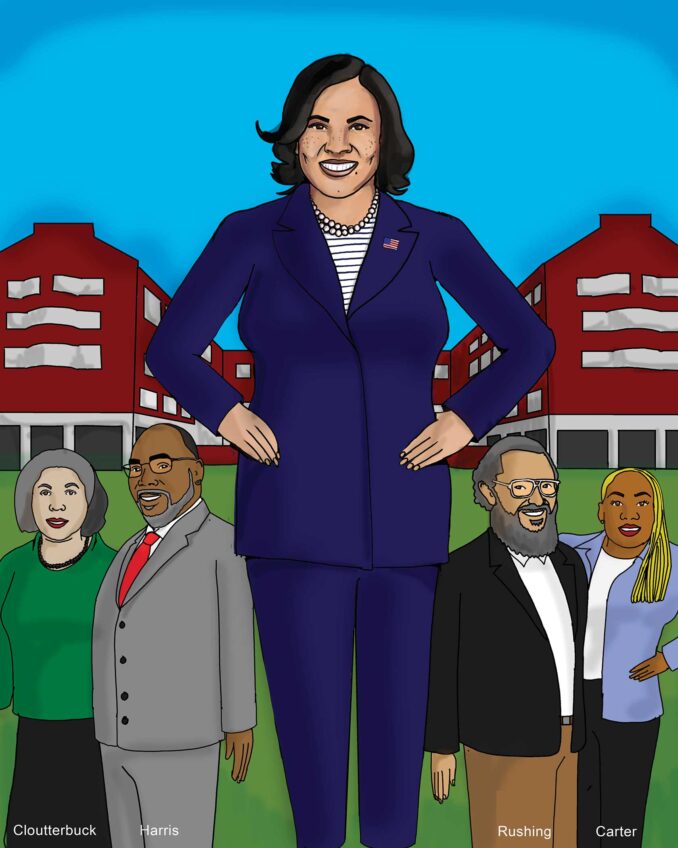
Petitions to change the name of a public way in Boston are usually perfunctory matters. According to a report in the Boston Globe there have been only six petitions since 2011. However, the petition initiated by John Henry, the principal owner of the Boston Red Sox, to change the name of Yawkey Way outside Fenway Park, has stimulated considerable controversy.
John Henry has undoubtedly been motivated primarily by a moral repugnance against racial discrimination. From the time that Tom Yawkey acquired the Red Sox in 1933, its policy has excluded the participation of blacks as players as well as members of management. Yawkey spearheaded the exclusion of blacks from major league baseball even after Jackie Robinson broke the color barrier in 1947. Yawkey did not relent against black players in baseball until he signed Pumpsie Green in 1959.
Over the years, blacks have seethed over Yawkey’s discriminatory policy. In Boston’s sport conscious city, the bigotry of the Red Sox inspired others to follow suit. When the black population of Boston was only 3 percent of the total in 1949 the exclusion of blacks had little economic consequence. But now with blacks 25 percent of the total and with the total so-called racial minority population of Boston at about 50 percent, it is contrary to wise marketing strategy for the Red Sox to ignore this continuing racial adversity.
By raising the issue, John Henry has lanced a festering boil. Some of those in the business and political community have been critical of the Red Sox position, but they have no skin in the game. Any CEO with a view toward the future would want to place his brand on the righteous side of the racial issue.
The major downside of the strategy is the potential adverse effect on the reputation of the Yawkey Foundations that have benefitted so many community efforts. However, it is well known that Tom Yawkey’s late widow, Jean, has been the major force behind the foundations. This will not be the first time in history that a wife has had to suffer the consequences of an erring husband.
Now that the Red Sox have jumped to the forefront of Boston’s bigotry issue, they have assumed a leadership position in eliminating racial discrimination. The task is by no means concluded.






